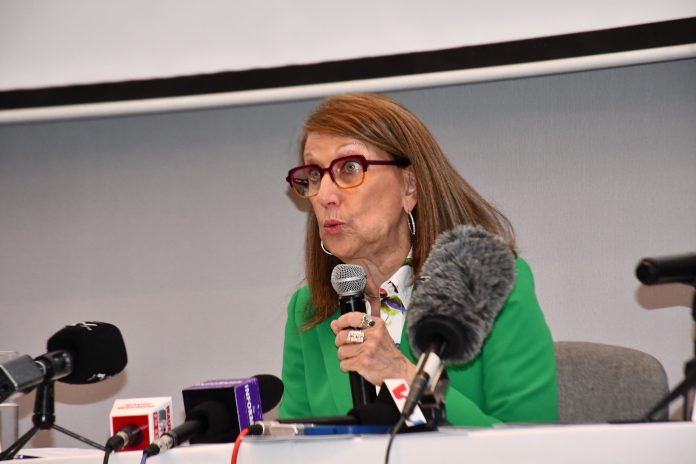
By Gift Briton
Experts have called for remodeling of the global financing structures including the International Monetary Fund (IMF) and World Bank, noting that their debt policies are unfair and disadvantageous to most African countries.
According to Rebeca Grynspan, Secretary-General of the United Nations Conference on Trade and Development (UNCTAD), African countries pay up to eight times more for borrowing than their European counterparts.
Furthermore, over three billion people worldwide live in countries that pay more to service their debt than they invest in basic needs, including education and health.
As a result, this makes most developing countries unable to competitively participate in the global supply chain, with money that ought to be used for development being diverted to debt repayment.
“How are countries going to achieve the sustainable development goals (SDGs) if they cannot properly spend on the people’s basic needs like health and education due to the effects of debt servicing?” she posed.
Grynspan, who spoke during the global launch of the Economic Development in Africa Report 2023, advised that there is a need for better liquidity, better instruments of investments, and a better institutional system for debt restructuring for developing countries.
“We have been advocating for the reform of the international financial system. It doesn’t make sense that Africa is paying much more rates than other countries,” she said.
Grynspan added that the current global financial context is challenging and opined that African countries need to be given fiscal space to invest in strengthening their supply chains.
“The fact that African countries borrow money with high-interest rates and are given a very short period to pay it back hinders them from developing and achieving their goals,” Paul Akiwumi – Director of UNCTAD Division on Africa, Least Developed Countries and Special Programmes said.
He added that there needs to be a new mechanism where countries get fair interest rates globally and are given enough time to pay back that money.
According to Akiwumi, a lack of development will push people further into poverty as countries will not be able to provide basic essential services like education and health care, thus increasing inequality.
He reiterated that it is important that financing gives space for a country to produce goods and services to develop its economy and infrastructure.
___

